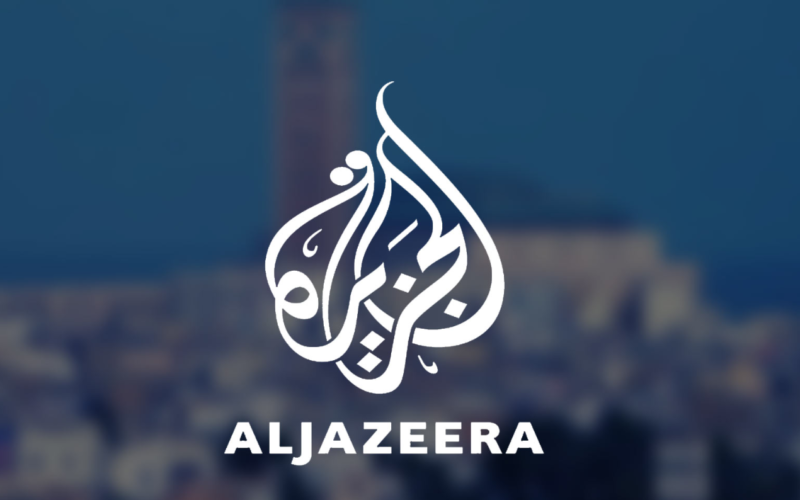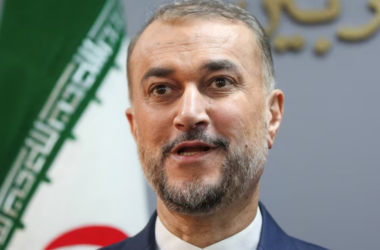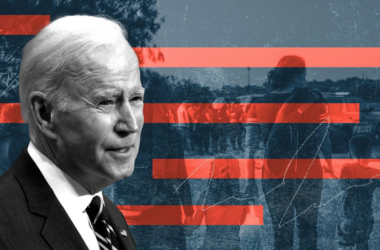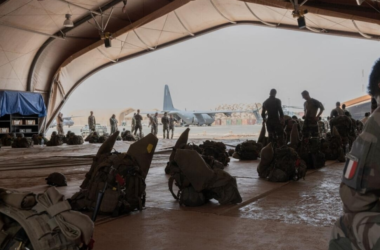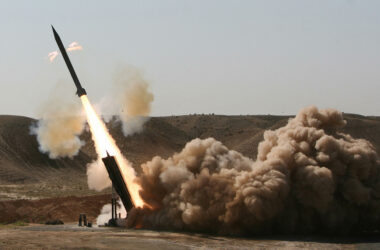The Israeli cabinet is reportedly set to convene and deliberate on potential legislation that would prohibit Al Jazeera’s coverage within Israel. Citing security concerns, the Israeli Communications Minister, Shlomo Karhi, is said to have prepared emergency legislation to endorse the closure of Al Jazeera, a Qatari-based international news channel, “until the end of the war.”
The reported initiative to ban Al Jazeera’s coverage within Israel comes against the backdrop of heightened security concerns. With the ongoing tensions and conflicts in the Middle East, Israeli authorities are said to be examining the role and impact of Al Jazeera in the region. The proposed legislation aims to address these concerns by temporarily suspending the channel’s operations within the country.
One of the key distinguishing features of Al Jazeera is its physical presence in both Gaza and Israel. This presence provides the channel with unique access to the region, allowing them to cover events and developments from multiple perspectives. However, this dual presence has also attracted scrutiny and raised questions regarding its impartiality and the impact of its reporting on the ongoing conflicts.
In an era of global media, the reach and influence of international news channels like Al Jazeera cannot be underestimated. These channels play a significant role in shaping global perceptions and understandings of complex regional conflicts. Thus, the decision to potentially restrict Al Jazeera’s operations highlights the importance placed on media influence and information dissemination during periods of conflict.
The Israeli cabinet’s discussions on banning Al Jazeera’s coverage are expected to be multifaceted. They may encompass considerations of national security, freedom of the press, and international diplomacy. The potential consequences and reactions from various quarters, including the international community and media watchdogs, will also be closely monitored.
The Israeli government’s consideration of legislation to ban Al Jazeera’s coverage reflects the complex and dynamic nature of the media’s role in contemporary conflicts. As discussions unfold, Israel’s actions will undoubtedly have implications for how global media operates within conflict zones and for the larger debate on press freedom and security. The decision is expected to evoke significant reactions from around the world, underscoring the ongoing debate surrounding the balance between media freedom and national security during times of crisis.




